Home>Gardening & Outdoor>Landscaping Ideas>When To Plant Bermuda Grass In North Carolina
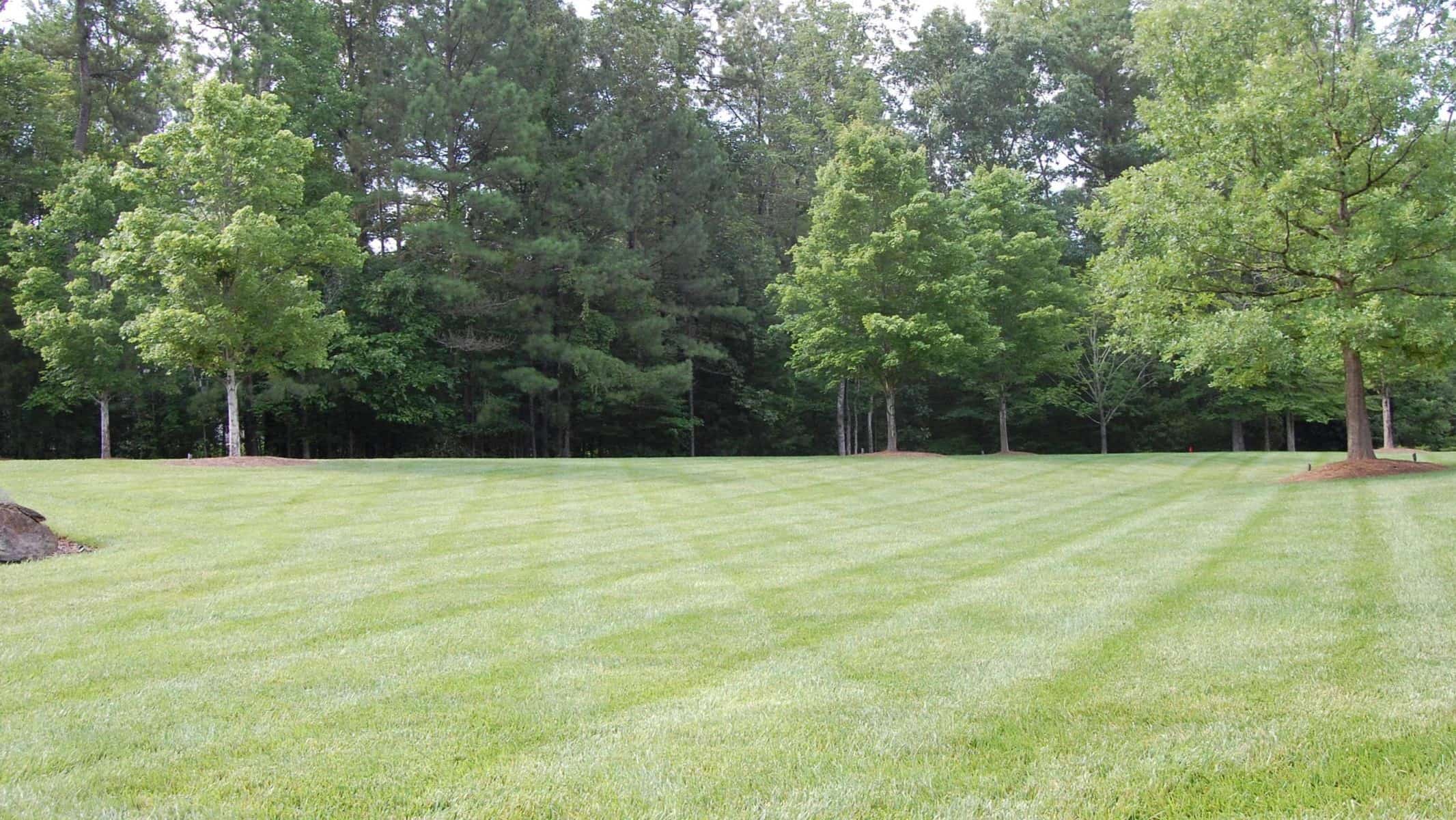

Landscaping Ideas
When To Plant Bermuda Grass In North Carolina
Modified: October 19, 2024
Discover the best time to plant Bermuda grass in North Carolina for a lush, thriving lawn. Get expert landscaping ideas and tips for successful grass planting.
(Many of the links in this article redirect to a specific reviewed product. Your purchase of these products through affiliate links helps to generate commission for Storables.com, at no extra cost. Learn more)
Introduction
Introduction
Welcome to the lush world of landscaping in North Carolina! If you're a proud homeowner or a dedicated landscaper, you understand the importance of a vibrant, healthy lawn. Bermuda grass, known for its resilience and adaptability, is a popular choice for lawns in North Carolina due to its ability to withstand the region's climate and soil conditions. Whether you're establishing a new lawn or rejuvenating an existing one, understanding the optimal timing for planting Bermuda grass is crucial for achieving the best results.
In this comprehensive guide, we will delve into the nuances of planting Bermuda grass in North Carolina. From the climate and soil conditions that influence the grass's growth to the step-by-step process of planting and caring for it, we've got you covered. By the end of this article, you'll be equipped with the knowledge and confidence to cultivate a thriving Bermuda grass lawn that will be the envy of your neighborhood. So, grab your gardening gloves and let's get started!
Climate and Soil Conditions in North Carolina
Key Takeaways:
- Plant Bermuda grass in North Carolina during late spring to early summer for optimal growth. The warm temperatures and longer daylight hours create the perfect conditions for the grass to establish strong roots and thrive.
- Prepare the soil by adding organic matter, adjusting pH levels, and conducting a soil fertility test before planting Bermuda grass. This sets the foundation for a vibrant and resilient lawn in North Carolina.
Read more: When To Plant Bermuda Grass In North Georgia
Climate and Soil Conditions in North Carolina
Before delving into the specifics of planting Bermuda grass, it’s essential to understand the climate and soil conditions that characterize North Carolina. The state experiences a diverse climate, ranging from the cooler mountainous regions in the west to the warmer coastal plains in the east. This variation in climate significantly impacts the type of grasses that thrive in different areas.
North Carolina’s climate can be classified as humid subtropical, with hot and humid summers and mild winters. The coastal areas are influenced by the Atlantic Ocean, experiencing slightly milder temperatures compared to the inland regions. These climatic factors play a pivotal role in determining the suitability of Bermuda grass, a warm-season grass, for lawns in the state.
When it comes to soil, North Carolina exhibits a wide array of soil types, including sandy soils in the coastal areas, clay soils in the Piedmont region, and loamy soils in the mountainous areas. Understanding the soil composition of your specific location is crucial for successful grass cultivation, as it directly impacts drainage, nutrient retention, and overall plant health.
For Bermuda grass to thrive, it requires well-draining soil with good fertility. The grass is remarkably adaptable and can tolerate a variety of soil types, but it flourishes best in soils with a slightly acidic to neutral pH. Additionally, Bermuda grass exhibits excellent salt tolerance, making it a suitable choice for coastal regions where salt content in the soil may be higher.
By familiarizing yourself with the unique climate and soil conditions of North Carolina, you can make informed decisions regarding the cultivation and maintenance of Bermuda grass. In the following sections, we will explore the optimal timing for planting Bermuda grass in North Carolina, taking into account these crucial environmental factors.
Best Time to Plant Bermuda Grass in North Carolina
Best Time to Plant Bermuda Grass in North Carolina
Timing is everything when it comes to planting Bermuda grass in North Carolina. Given the state’s diverse climate, it’s essential to identify the most favorable window for establishing this resilient grass variety. Bermuda grass is a warm-season grass, thriving in the heat of summer and enduring mild winters. Understanding the seasonal dynamics and temperature patterns is crucial for determining the best time to plant Bermuda grass in North Carolina.
As the temperatures start to rise in late spring, typically around mid-May, the soil begins to warm up, creating an optimal environment for Bermuda grass seed germination. This period marks the beginning of the active growing season for warm-season grasses in North Carolina. The warm temperatures, coupled with longer daylight hours, provide the ideal conditions for Bermuda grass to establish strong roots and develop into a lush, vibrant lawn.
Planting Bermuda grass during late spring to early summer allows the grass to take advantage of the warm weather and abundant sunlight, promoting rapid growth and establishment. The summer months in North Carolina provide the necessary heat for Bermuda grass to flourish, resulting in a dense and resilient turf that can withstand the rigors of the state’s climate.
It’s important to note that Bermuda grass requires soil temperatures consistently above 65°F (18°C) for successful germination and growth. By planting during the late spring to early summer period, you can ensure that the soil has reached the optimal temperature for Bermuda grass seed to sprout and thrive.
Furthermore, planting Bermuda grass during this time allows the grass to establish robust roots before the onset of the harsher winter conditions. This early establishment sets the stage for a healthy and resilient lawn that can withstand the cooler temperatures and potential dormancy during the winter months.
By aligning the planting of Bermuda grass with the favorable conditions of late spring and early summer, you set the stage for a thriving lawn that will enhance the beauty of your outdoor space. In the following sections, we will explore the essential steps for preparing the soil, planting Bermuda grass seed, and caring for the grass after planting, ensuring that you can enjoy a vibrant and resilient lawn throughout the year.
Preparing the Soil for Planting
Preparing the Soil for Planting
Before embarking on the exciting journey of planting Bermuda grass in North Carolina, it’s crucial to prepare the soil to create an optimal environment for seed germination and healthy grass growth. Proper soil preparation sets the foundation for a vibrant and resilient lawn, ensuring that the Bermuda grass thrives in its new environment.
The first step in soil preparation is to assess the existing soil conditions. Conduct a thorough analysis of the soil’s texture, drainage capabilities, and nutrient levels. This assessment will guide the necessary amendments and treatments to optimize the soil for Bermuda grass cultivation.
For North Carolina’s diverse soil types, incorporating organic matter such as compost or well-rotted manure into the soil can improve its structure and fertility. Organic matter enhances soil aeration, promotes beneficial microbial activity, and aids in moisture retention, creating an ideal habitat for Bermuda grass roots to establish and flourish.
Additionally, addressing any soil compaction issues through aeration or tilling can improve the soil’s ability to receive and retain water, essential nutrients, and oxygen. This step is particularly important for clay soils commonly found in the Piedmont region, as it helps prevent waterlogging and promotes healthy root development.
Adjusting the soil pH to the optimal range for Bermuda grass is another critical aspect of soil preparation. Bermuda grass thrives in slightly acidic to neutral soils, with an ideal pH range of 6.5 to 7.0. Conduct a soil pH test and apply the necessary amendments, such as lime to raise pH or elemental sulfur to lower pH, to achieve the optimal growing conditions for Bermuda grass.
Prior to planting, it’s advisable to perform a soil fertility test to determine the levels of essential nutrients such as nitrogen, phosphorus, and potassium. Based on the test results, apply a balanced fertilizer to ensure that the soil provides the necessary nutrients for Bermuda grass establishment and early growth.
Once the soil has been amended and prepared, it’s important to thoroughly cultivate the top layer to incorporate the organic matter and nutrients evenly. Raking the soil to create a smooth and level surface sets the stage for uniform seed distribution and optimal seed-to-soil contact, promoting successful germination and establishment of Bermuda grass.
By dedicating time and effort to preparing the soil, you lay the groundwork for a flourishing Bermuda grass lawn in North Carolina. In the following sections, we will delve into the step-by-step process of planting Bermuda grass seed and the essential care practices for nurturing the grass after planting, ensuring that your lawn thrives in the vibrant landscape of the Tar Heel State.
Planting Bermuda Grass Seed
Plant Bermuda grass in North Carolina in late spring or early summer when the soil temperature reaches 65-70°F. This will give the grass the best chance to establish and thrive during the growing season.
Planting Bermuda Grass Seed
Now that the soil is meticulously prepared, it’s time to embark on the exciting process of planting Bermuda grass seed in North Carolina. Proper planting techniques are essential for ensuring successful germination and the establishment of a lush and resilient Bermuda grass lawn. By following these step-by-step guidelines, you can set the stage for a vibrant outdoor space that will be the envy of your neighborhood.
Step 1: Selecting High-Quality Seed
Begin by selecting high-quality Bermuda grass seed suited for the specific conditions of North Carolina. Look for certified seed varieties that exhibit excellent germination rates and disease resistance. Choose a seed blend that aligns with the level of sunlight and the intended use of the lawn, whether it’s for ornamental purposes, sports fields, or high-traffic areas.
Step 2: Uniform Seed Distribution
Ensure uniform seed distribution by using a seed spreader or broadcaster. This helps achieve consistent coverage and prevents over-seeding or under-seeding, promoting even growth and a dense turf. Pay particular attention to the recommended seeding rates for Bermuda grass, as excessive seeding can lead to competition among seedlings, while sparse seeding may result in patchy lawn coverage.
Step 3: Seed-to-Soil Contact
Once the seeds are evenly distributed, gently rake the soil to achieve optimal seed-to-soil contact. This step is crucial for promoting seed germination, as it ensures that the seeds are in close proximity to the soil, allowing for efficient water absorption and root development. Avoid burying the seeds too deeply, as Bermuda grass seed requires exposure to light for successful germination.
Step 4: Watering and Initial Care
After planting, thoroughly water the seeded area to provide the moisture necessary for germination. Keep the soil consistently moist but not waterlogged during the germination period, typically 7-21 days, depending on temperature and soil conditions. Once the grass reaches a mowing height, typically around 1.5 to 2 inches, initiate a regular mowing schedule to encourage healthy growth and density.
Step 5: Establishing a Maintenance Routine
As the Bermuda grass seedlings emerge and begin to establish, develop a comprehensive maintenance routine that includes fertilization, weed control, and regular watering. Monitor the lawn closely and address any issues promptly to promote the healthy development of the Bermuda grass.
By following these essential steps for planting Bermuda grass seed, you can create a vibrant and resilient lawn that thrives in the diverse climate and soil conditions of North Carolina. In the subsequent sections, we will explore the crucial aspects of caring for Bermuda grass after planting, ensuring that your lawn remains a stunning centerpiece of your outdoor landscape.
Caring for Bermuda Grass After Planting
Caring for Bermuda Grass After Planting
After the exhilarating process of planting Bermuda grass seed, it’s essential to provide attentive care to nurture the newly established lawn. Caring for Bermuda grass after planting involves a combination of essential practices that promote healthy growth, resilience, and vibrant greenery. By incorporating these care strategies into your lawn maintenance routine, you can ensure that your Bermuda grass thrives in the dynamic climate of North Carolina.
Regular Watering
Consistent and deep watering is crucial for the initial establishment and ongoing health of Bermuda grass. During the growing season, aim to provide the lawn with approximately 1 inch of water per week, either through rainfall or irrigation. Deep watering encourages the development of robust root systems, enhancing the grass’s resilience to drought and heat stress.
Mowing Practices
Maintain an appropriate mowing height for Bermuda grass, typically between 1.5 to 2 inches. Regular mowing encourages lateral growth and helps the grass develop a dense turf, effectively crowding out weeds and promoting a lush appearance. Avoid scalping the lawn, as excessively low mowing heights can weaken the grass and make it more susceptible to stress and weed encroachment.
Fertilization
Implement a balanced fertilization program to provide the necessary nutrients for Bermuda grass to thrive. A soil test can guide the application of fertilizers, ensuring that the lawn receives the appropriate levels of nitrogen, phosphorus, and potassium. Slow-release fertilizers are particularly beneficial, as they provide a consistent nutrient supply over an extended period, promoting steady growth and healthy turf.
Weed Control
Regularly monitor the lawn for weeds and implement effective weed control measures to prevent weed encroachment. Pre-emergent herbicides can be applied in the spring to inhibit the germination of weed seeds, while post-emergent herbicides can target existing weeds without harming the Bermuda grass. Maintaining a dense and healthy turf through proper watering and fertilization also contributes to natural weed suppression.
Aeration and Dethatching
Periodic aeration and dethatching help alleviate soil compaction, improve air circulation to the roots, and promote water and nutrient absorption. Aeration reduces thatch buildup, allowing the Bermuda grass to establish strong root systems and maintain vigorous growth. These practices are particularly beneficial for lawns with heavy foot traffic or compacted soil.
By incorporating these essential care practices into your lawn maintenance routine, you can ensure that your Bermuda grass thrives in the diverse climate and soil conditions of North Carolina. With attentive care and a proactive approach to lawn maintenance, you can enjoy a vibrant, resilient, and visually captivating lawn that enhances the beauty of your outdoor space.
Conclusion
Conclusion
Congratulations on embarking on the journey of cultivating a stunning Bermuda grass lawn in the picturesque landscapes of North Carolina. By understanding the climate and soil conditions unique to the state and identifying the best time to plant Bermuda grass, you have taken the crucial first steps toward creating a vibrant and resilient outdoor space that will be a source of pride and enjoyment.
As you’ve learned, the warm-season characteristics of Bermuda grass align perfectly with the climatic nuances of North Carolina, allowing the grass to thrive in the state’s hot and humid summers while enduring mild winters. The soil preparation process, including amendments, pH adjustments, and fertility management, sets the stage for successful Bermuda grass establishment, ensuring that the grass flourishes in its new environment.
Planting Bermuda grass seed with precision and care, coupled with attentive post-planting maintenance, fosters the development of a lush and resilient lawn that enhances the beauty of your outdoor landscape. Through regular watering, proper mowing practices, balanced fertilization, and proactive weed control, you can nurture your Bermuda grass to achieve its full potential.
By aligning the planting and care of Bermuda grass with the unique conditions of North Carolina, you are cultivating a visually captivating and environmentally beneficial lawn that offers numerous advantages, including erosion control, heat tolerance, and the creation of a vibrant outdoor space for relaxation and recreation.
As you continue your journey of tending to your Bermuda grass lawn, remember that each season brings new opportunities for care and enhancement. Whether it’s the vibrant growth of summer or the dormancy of winter, your attentive maintenance and proactive approach will ensure that your Bermuda grass remains a stunning centerpiece of your outdoor environment.
With the knowledge and insights gained from this guide, you are well-equipped to navigate the intricacies of planting and caring for Bermuda grass in North Carolina, creating a landscape that reflects the natural beauty and resilience of this remarkable grass variety. Your dedication to cultivating a thriving Bermuda grass lawn will undoubtedly yield a visually captivating and environmentally beneficial outdoor space that you can cherish for years to come.
Frequently Asked Questions about When To Plant Bermuda Grass In North Carolina
Was this page helpful?
At Storables.com, we guarantee accurate and reliable information. Our content, validated by Expert Board Contributors, is crafted following stringent Editorial Policies. We're committed to providing you with well-researched, expert-backed insights for all your informational needs.
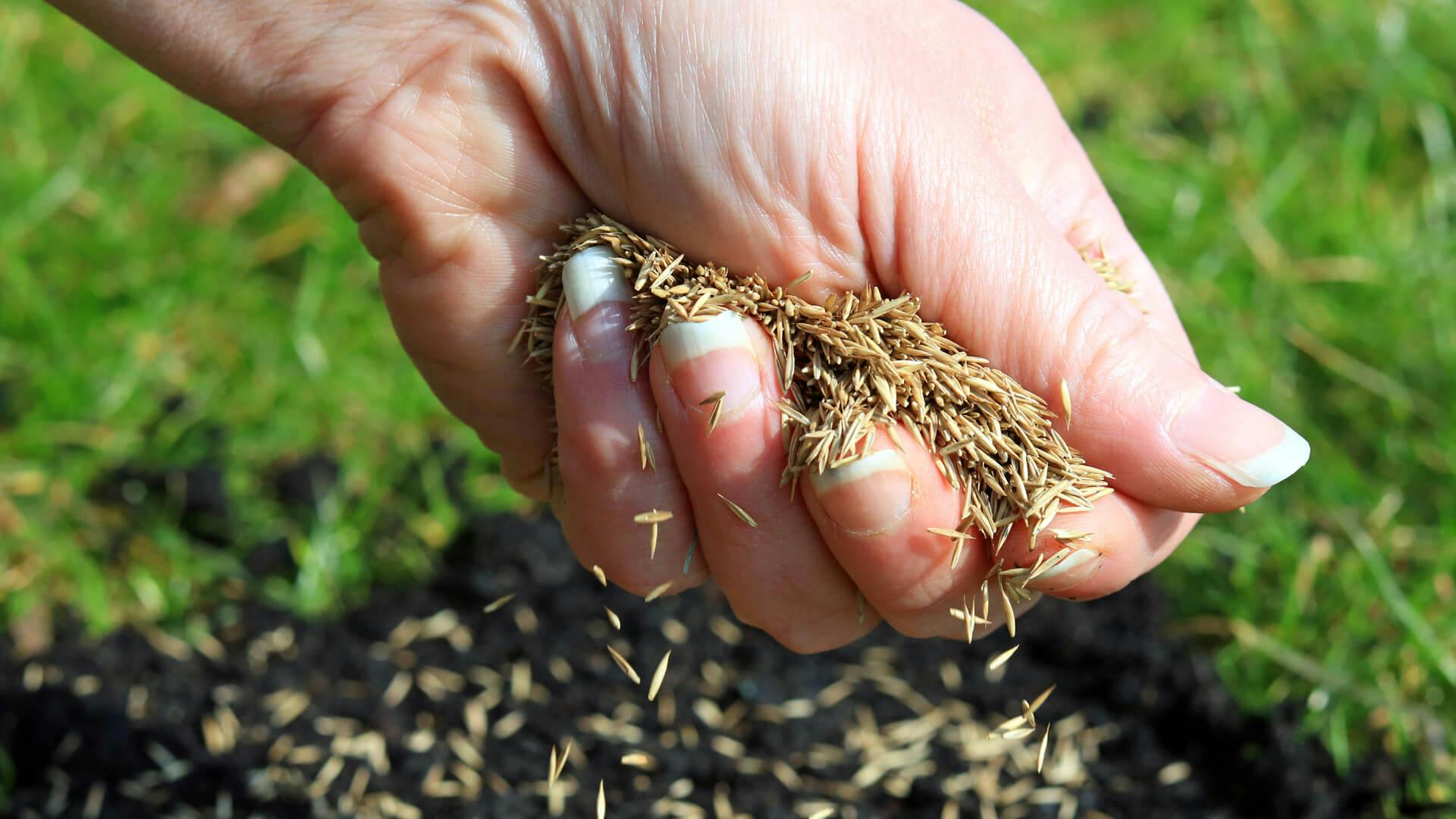
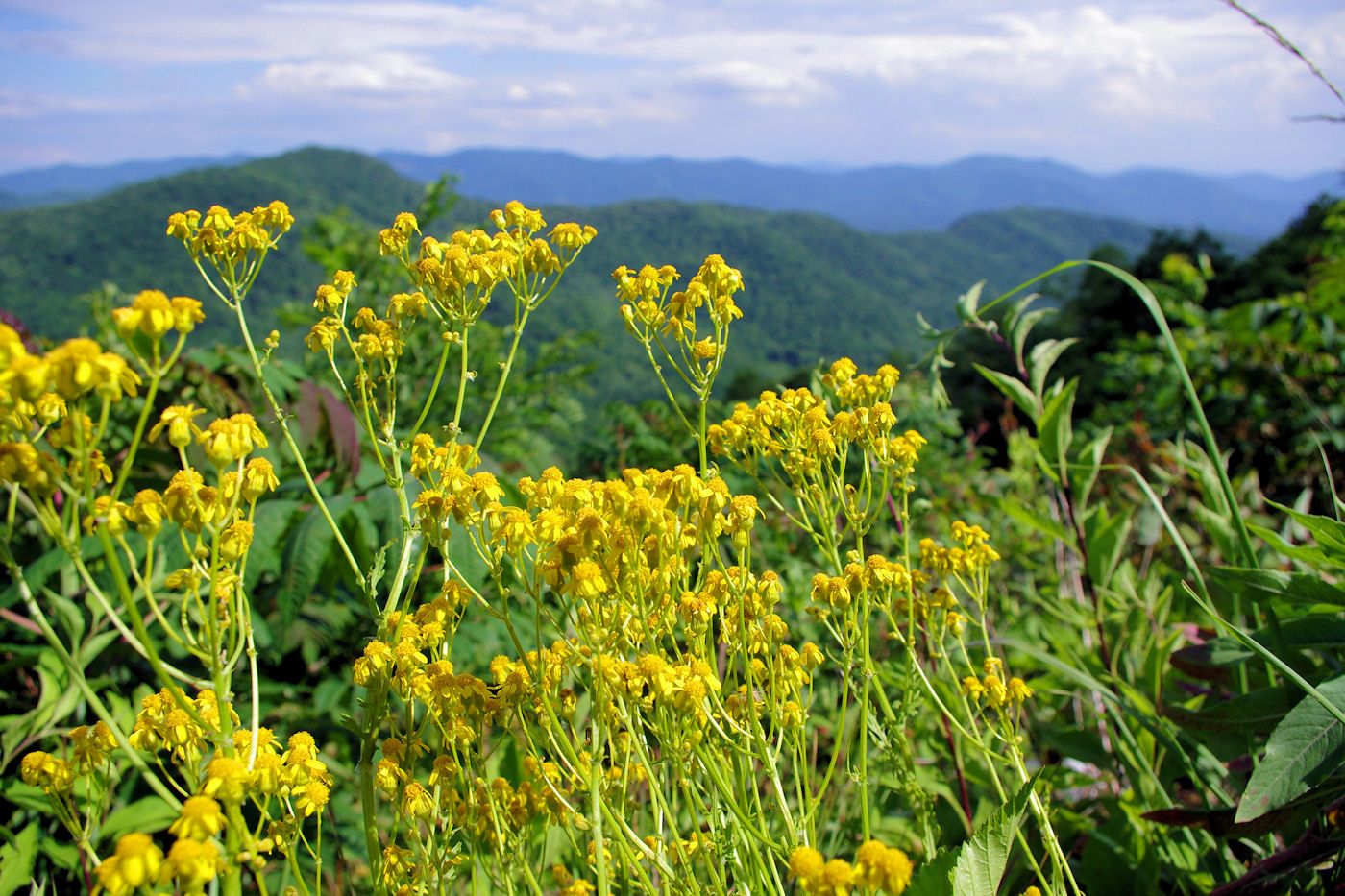
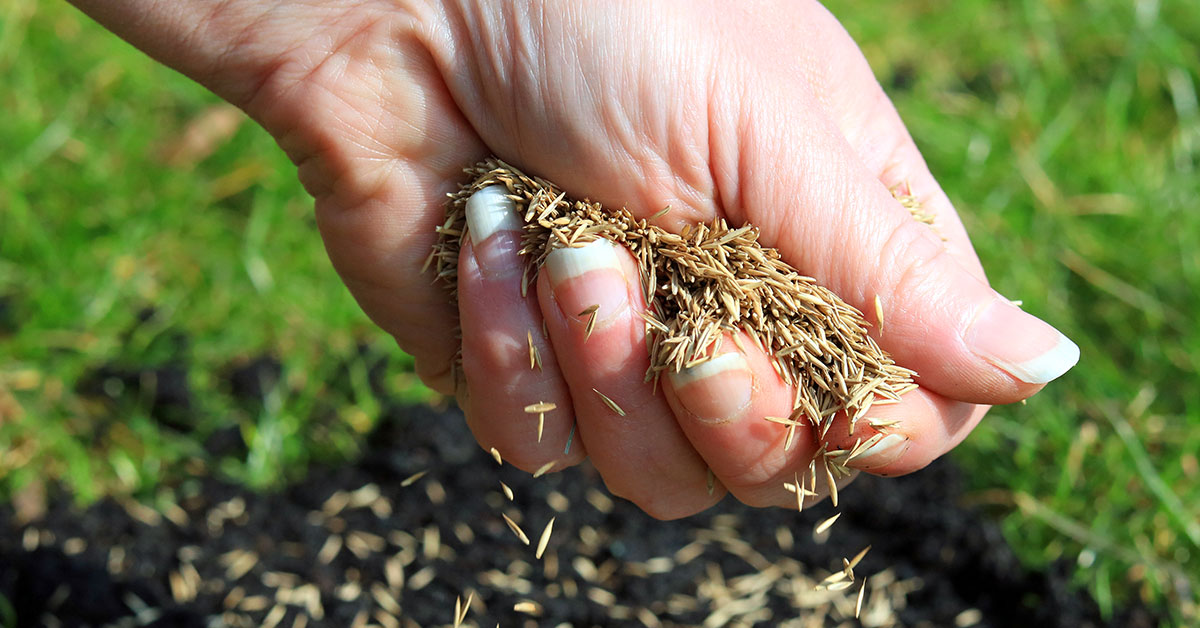
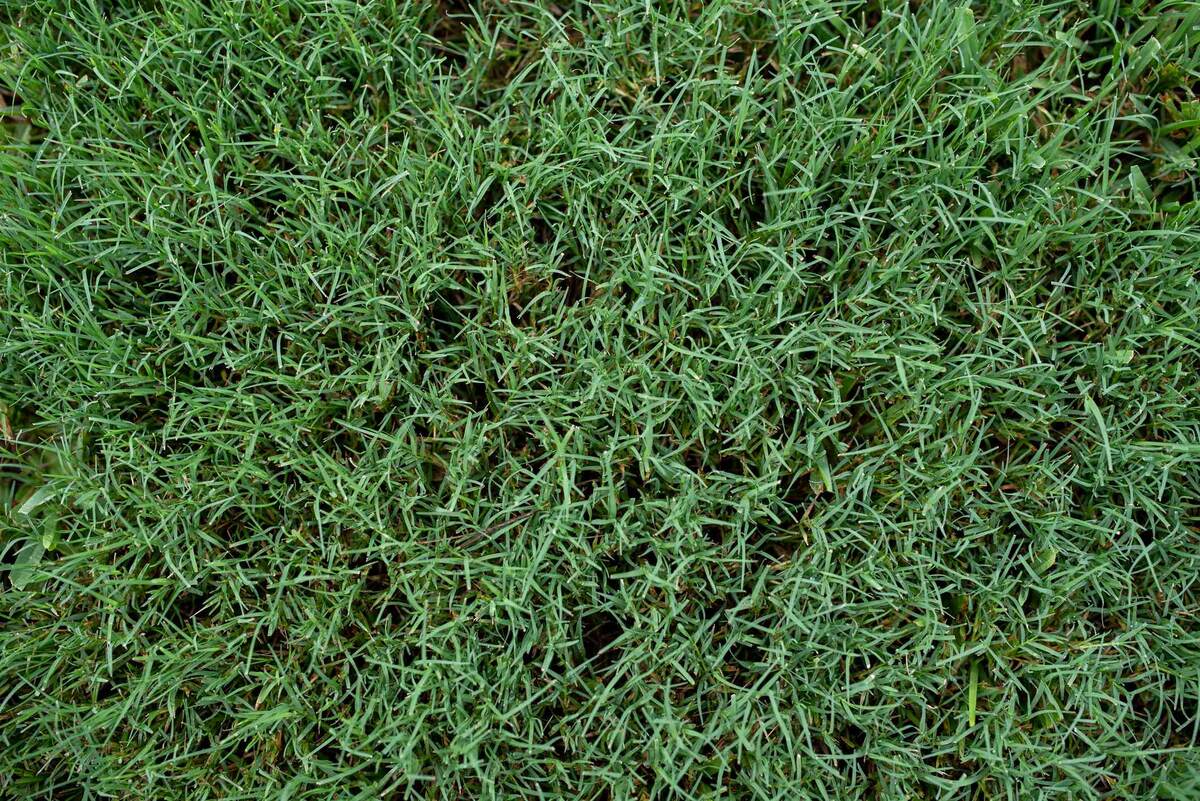
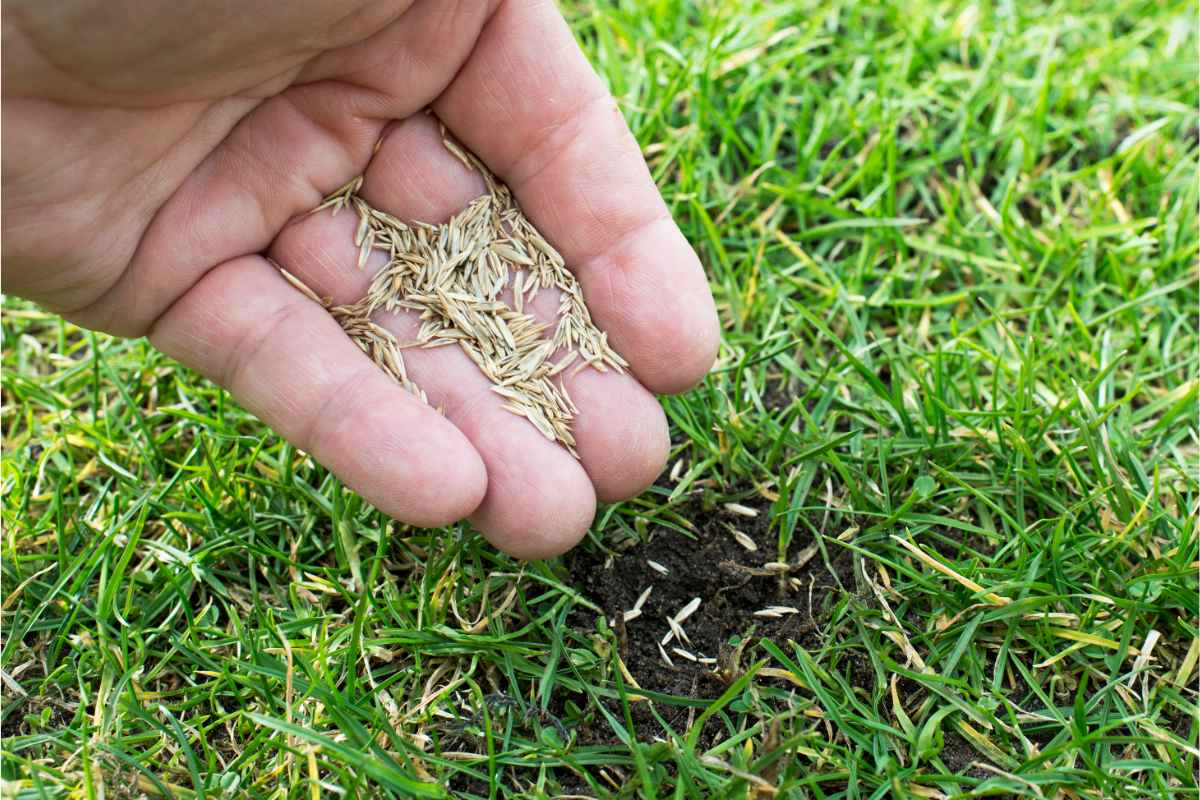
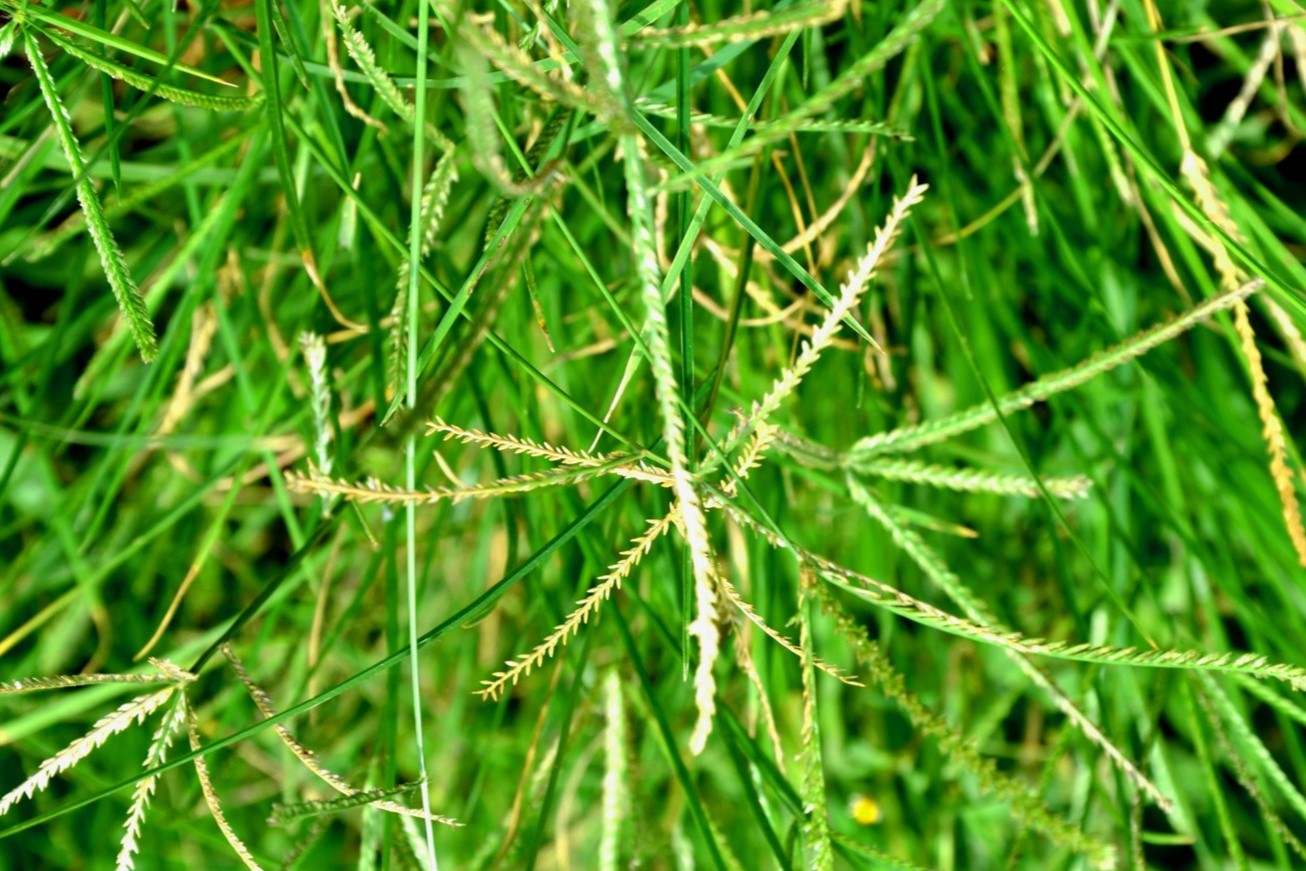

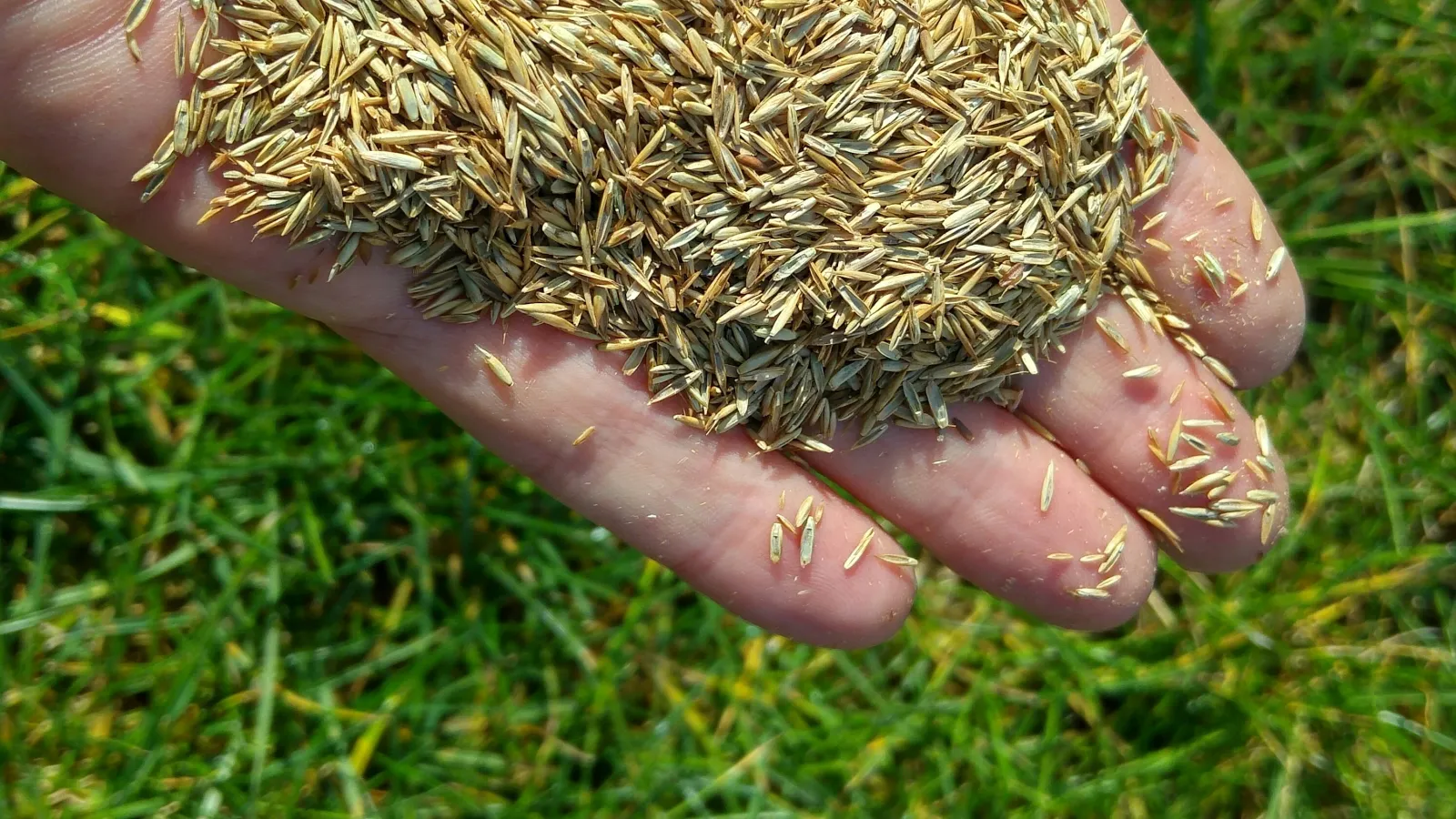
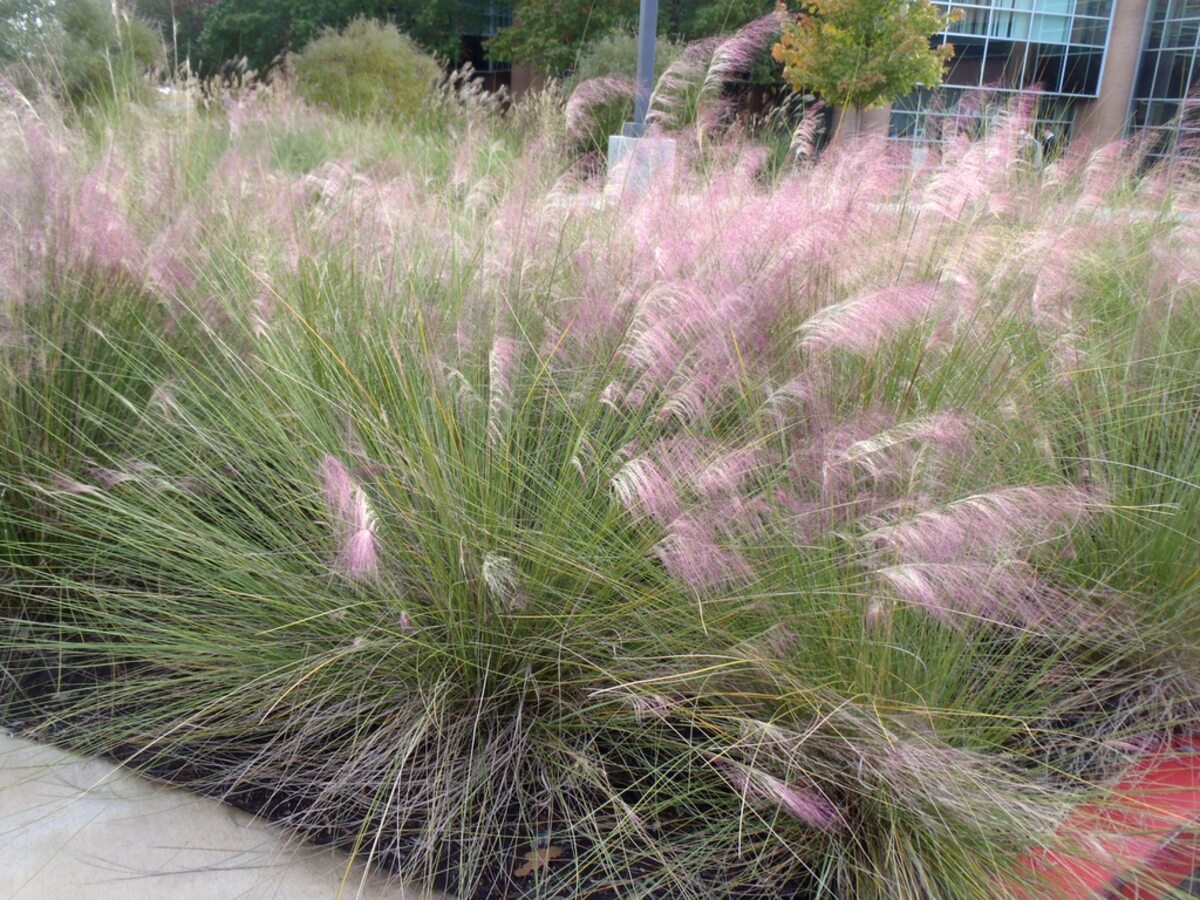


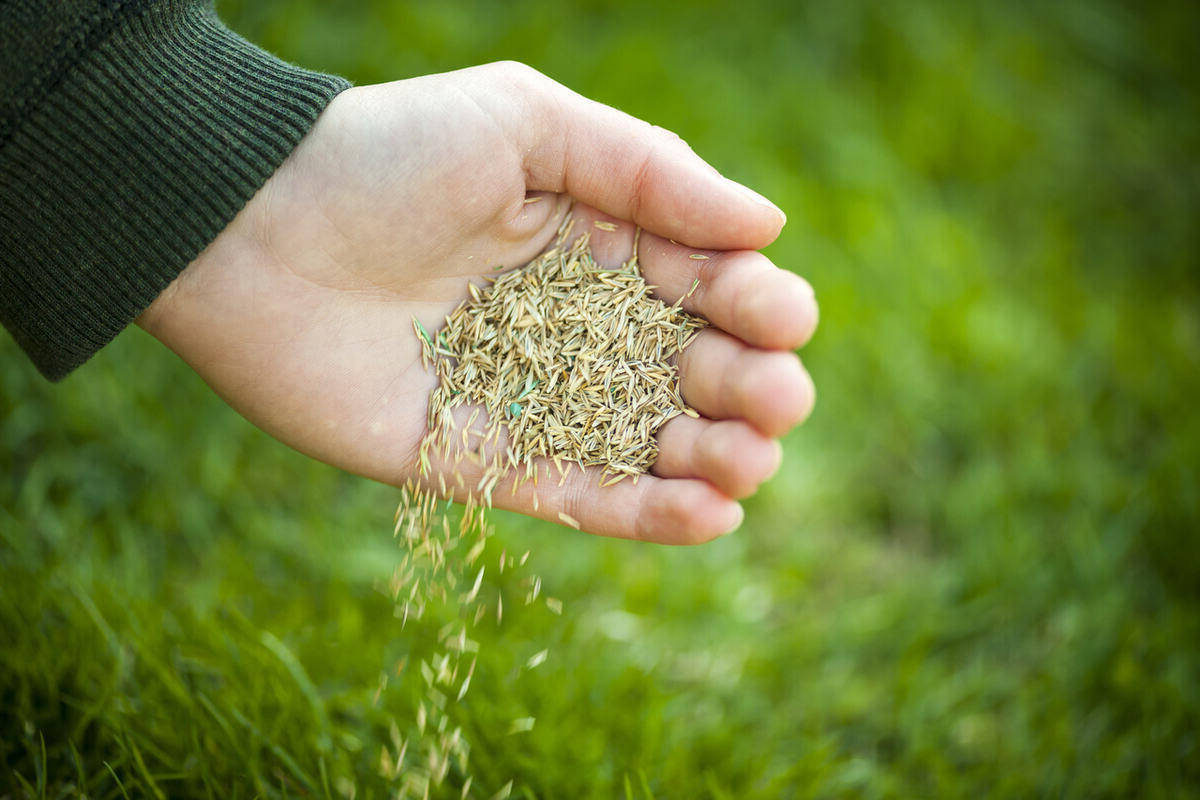
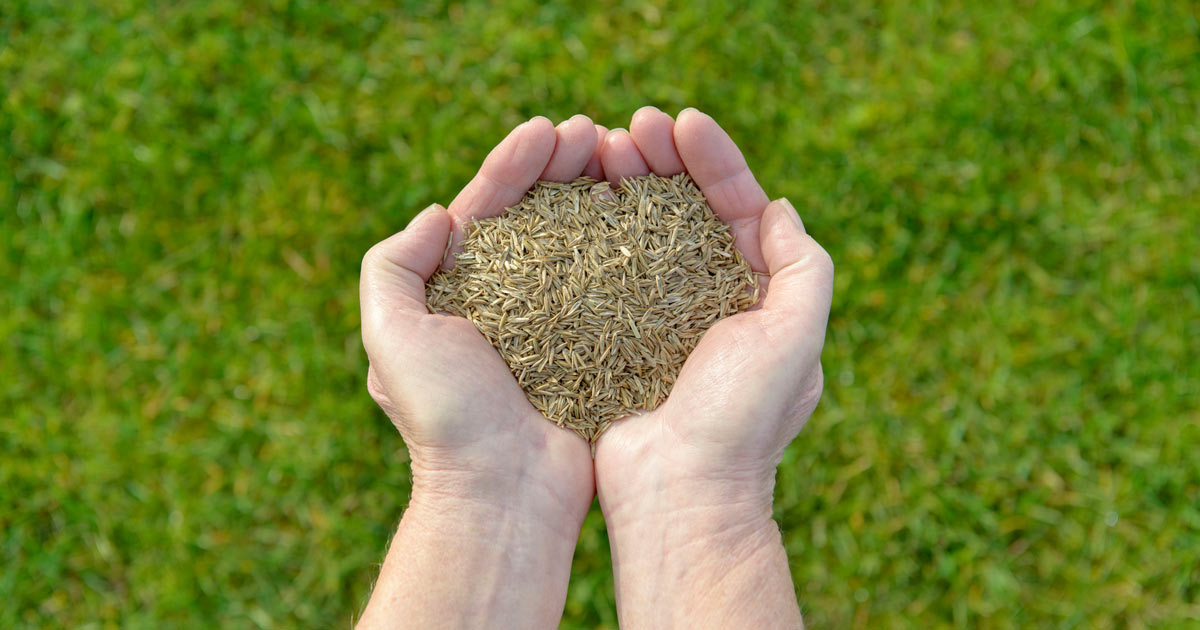
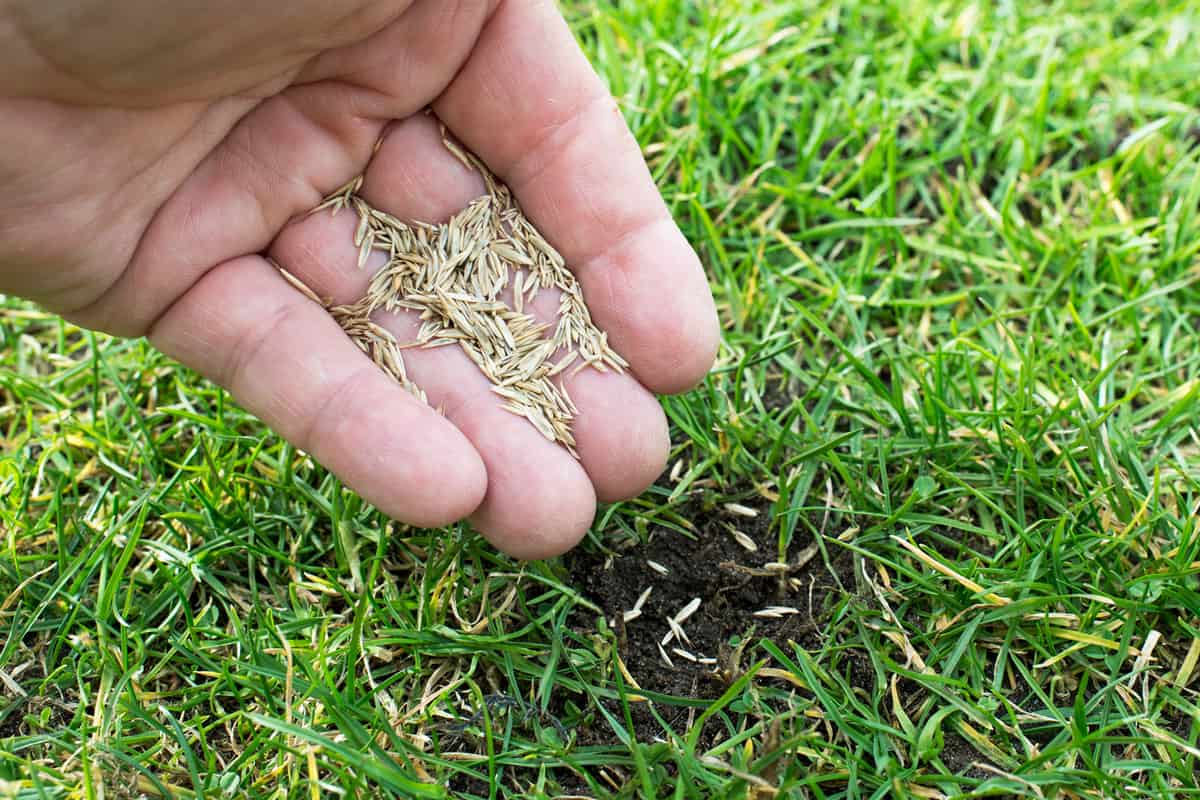

0 thoughts on “When To Plant Bermuda Grass In North Carolina”